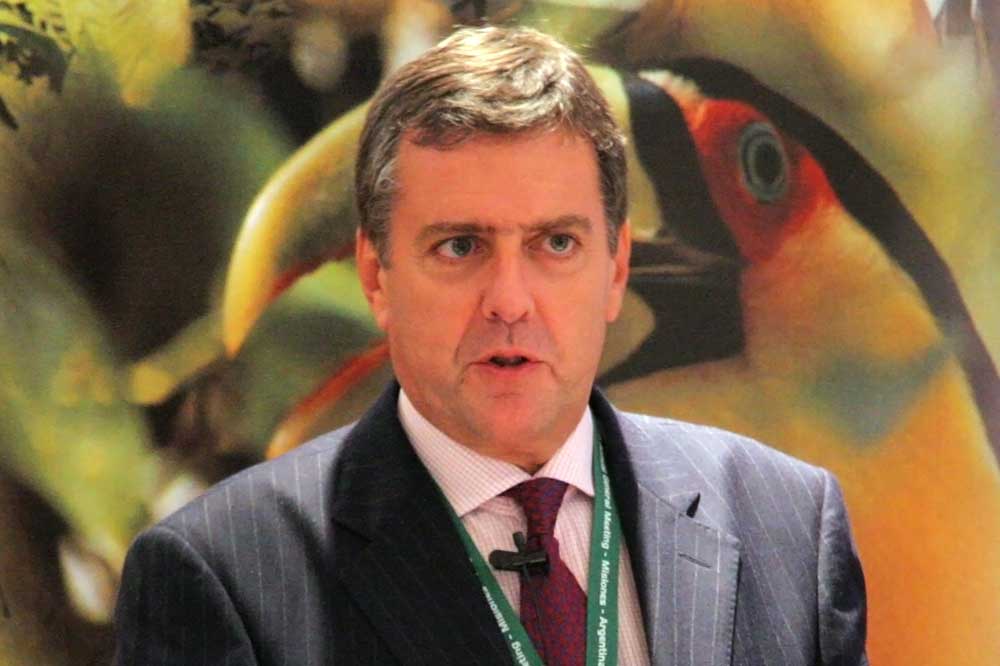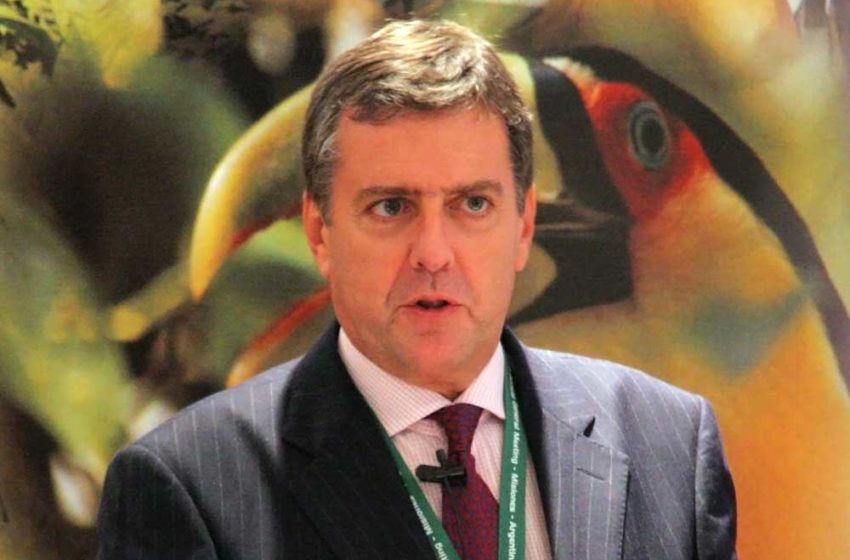
The International Tobacco Growers Association (ITGA) appointed Mercedes Vázquez as its new CEO during the organization’s 36th annual general meeting, which took place virtually Nov. 18-19. Vázquez succeeds António Abrunhosa, who announced his retirement after serving in the position since 1998.
Members expressed their gratitude and highlighted Abrunhosa’s role in positioning ITGA as a key player in the global tobacco sector.
“In my new role I will do my best to continue this learning process from all of you so I can ensure and reinforce the long-lasting relations with our partners so we can together overcome the common challenges we are facing in our sector,” said Vázquez in a statement.
The annual general meeting was accompanied by an “Issues Day,” which attracted more than 100 attendees from five continents, representing more than 20 countries, including Argentina, Brazil, Bulgaria, Colombia, Dominican Republic, France, Germany, India, Italy, Malawi, Netherlands, Portugal, Russia, Spain, Switzerland, South Africa, Turkey, Uganda, USA, Zambia and Zimbabwe.
During his keynote address, Reuben M’Tolo Phiri, the Minister of Agriculture of Zambia, highlighted the importance of ITGA’s mission by pointing out its main objective–to help improve growers’ members livelihoods through respectful agricultural practices. Phiri also noted that ITGA’s main strength is in its member associations around the world. “Thanks to them, ITGA can benefit from national and regional engagements and build up its global network,” he said.
ITGA President Abiel Masache Banda focused on the important role that tobacco growers’ associations are playing in the fight against child labor. “ITGA and its member associations in different regions are the perfect platforms to reach out to farmers, either to work with them or to provide support when needed,” he said.

Commenting on the prevailing market conditions, Abrunhosa highlighted that 2021 saw some growth in production volumes and prices in many of the leading tobacco growing markets. However, he noted, regulations will become tougher, ultimately impacting growers across the globe. To ensure the sustainable development for the sector, income has to be sustainable as well.
ITGA Tobacco Expert Ivan Genov noted that while the momentum of 2021 is likely to persists and even accelerate in 2022, the overall situation remains volatile. Pressure on the sector is certain to remain high, he said. What’s more, the sector will be impacted by rising prices of key inputs, inflation, logistics complications and increasing sustainability pressures.
Shane MacGuill, global lead nicotine and cannabis at Euromonitor International, revealed that global cigarette volumes declined by 4 percent and illicit product accounted for 12 percent of tobacco sales in 2021. Meanwhile, the proportion of cigarettes in the total tobacco value mix continues to decline., Heated tobacco is establishing itself as the most important reduced-risk category, he observed, in part due to investment from companies and to regulatory issues surrounding vapor.
MacGuill also shared his insights into the trend toward diversification that has taken a hold among tobacco companies. The market for legal cannabis, he said, is forecast to grow to over $90 billion by 2026.

Michiel Reerink, corporate affairs director and managing director at Alliance One International, updated the audience about the recently held Conference of the Parties to the Framework Convention on Tobacco Control (COP9), which remained largely closed to the public.
Discussions about heated tobacco, research of evidence on novel and emerging products as well as the guidelines on advertising were deferred without discussion until COP10, he said. Reerink also focused on the increasing regulatory requirements for supply chains and the EU’s resolution on corporate accountability.
Companies selling in the EU will likely be required to demonstrate that are no violations of human rights and environmental standards in their supply chains.
Heliodoro Campos, general manager of the Colombia tobacco Federation (FEDETABACO) discussed the plight of Colombian tobacco farmers after the withdrawal of two leading tobacco companies from the country. Campos called on the global community to support FEDETABACO plans to help Colombian growers find a substitutes for tobacco.
Innocent Mugwawa detailed the progress made by the Foundation for the Elimination of Child Labor in Tobacco’s (ECLT) “If you look back 20 years ago, sustainability and child labor were not the typical issues of the day,” he said. “This shows the vision and leadership of the IUF and ITGA to address this problem together in a unified way.”











